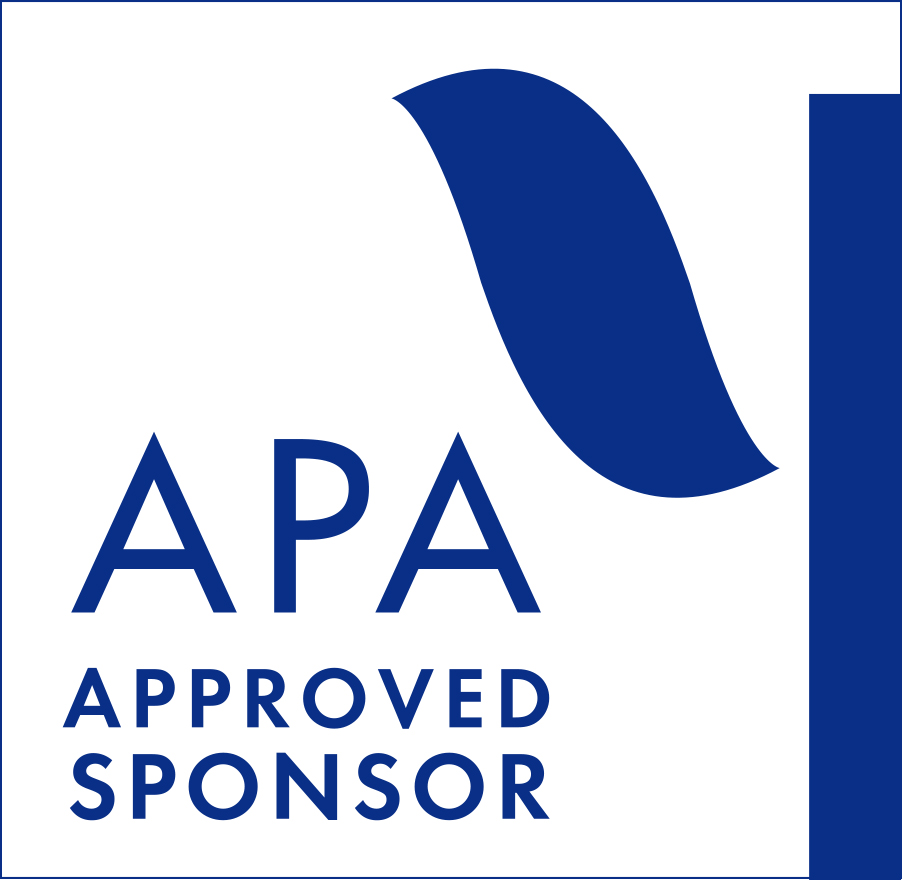Please join us for a presentation on Malnutrition and Mental Health with our Affiliate Member Jaimie Winkler!
Let’s think bigger than kale and blueberries. While nutrition and mental health often focus on micronutrient deficiencies, the real hunger—caused by energy and protein deficits—often goes unnoticed in a world of abundance. With the public health focus on weight loss, mental health professionals must recognize the signs of protein-calorie malnutrition. Individuals struggling with mental health issues, affecting energy, effort, and motivation, are particularly vulnerable to energy deficits that can worsen depression, anxiety, and cognitive distortions.

Instructor Bio:
Jaimie Winkler has been practicing in the field of nutrition since 2006. She is a Registered Dietitian and Licensed Dietitian/Nutritionist, and Certified Eating Disorder Specialist and Supervisor. She holds a degree in nutrition from West Chester University of Pennsylvania and completed her dietetic internship at Brigham and Women’s Hospital in Boston. Jaimie also has a degree in History and Journalism from the University of Michigan. Jaimie has worked on staff at Brigham and Women’s Hospital and as the dietitian for the Klarman Eating Disorder Center for 8 years. Jaimie currently owns a group practice Navigate Nutrition with Jaimie Winkler, LLC and supervises dietitians across the nation. Jaimie maintains a position as a Consulting Dietitian for the Pavilion, Klarman Eating Disorder Programs and Adolescent DBT Residential Programs at McLean. Jaimie served for 6 years as the Publications Chair of the BHN DPG of the Academy of Nutrition and Dietetics. Jaimie has led groups on healthy eating in schools and sports teams and outpatient eating disorder groups. She has lectured in the Boston University nursing program, Simmons University Dietetics Program, with the Massachusetts General Hospital Eating Disorder Program, and helped design two school-based nutrition education programs. Jaimie is passionate about providing behavior-change focused nutrition counseling to persons who have behavioral health diagnoses that may alter how nutrition-related messages are received and internalized. Jaimie provides trauma-informed and weight-inclusive care to her patients.
Learning Objectives:
- Identify key signs and symptoms of protein-calorie deficits in patients with mental health conditions, including energy deficits, cognitive distortions, and motivational issues.
- Understand the impact of protein-calorie deficits on mental health, particularly its role in exacerbating depression, anxiety, and cognitive impairments.
- Implement strategies to screen for and address protein-calorie deficits in patients with mental health concerns, ensuring comprehensive treatment and recovery plans that support both physical and mental well-being.
References:
Firth, J., Gangwisch, J. E., Borsini, A., Wootton, R. E., & Mayer, E. A. (2020). Food and mood: how do diet and nutrition affect mental wellbeing?. bmj, 369.
Khan, B., Hameed, W., & Avan, B. I. (2024). Behavioural Problems in Preadolescence: Does Nutritional Status Have a Role?. Child: Care, Health and Development, 50(6), e13328.
Mueller, C., Compher, C., Ellen, D. M., & American Society for Parenteral and Enteral Nutrition (ASPEN) Board of Directors. (2011). ASPEN clinical guidelines: nutrition screening, assessment, and intervention in adults. Journal of Parenteral and Enteral Nutrition, 35(1), 16-24.
Attendees will receive 1.5 CEs 
The Private Practice Colloquium (PPC) is approved by the American Psychological Association to sponsor continuing education for psychologists. The PPC maintains responsibility for this program and its content.
Each professional is responsible for the individual requirements as stipulated by their licensing agency. Please contact you individual licensing board /regulatory agency to review the continuing education requirements or license renewal.
Level of Instruction: This event is suitable for all learning levels
Accessibility Accommodations: This event takes place on zoom.
Please reach out to Carla Rosinski at ppcsalem@gmail.com if you have any questions, requests, or need any assistance in the accessibility functions of zoom
Conflicts of Interest and Disclosures: There are no conflicts or disclosures for this event.
*Instructors and PPC organizers carefully review a comprehensive list of conflicts and disclosures
Instructors will include any disclosures or state “there are no disclosures” in the presentation materials
Grievances
Full grievance policy is located on the CE policy website page and here